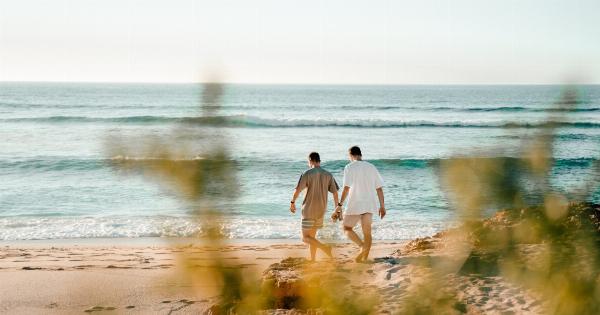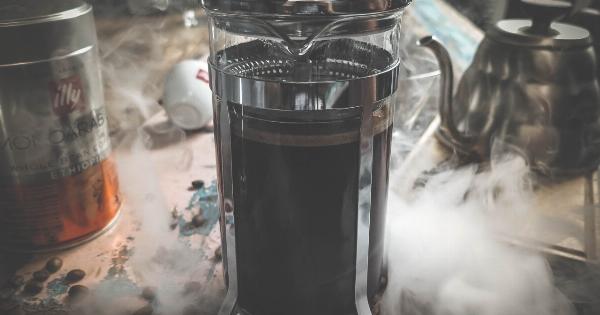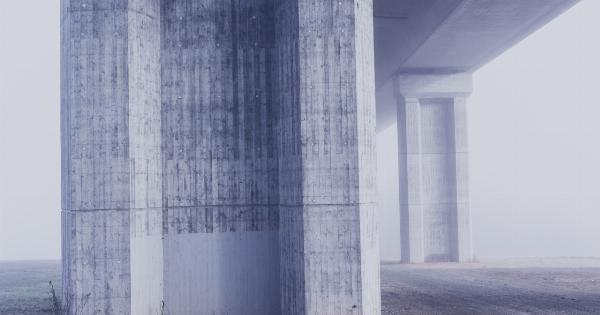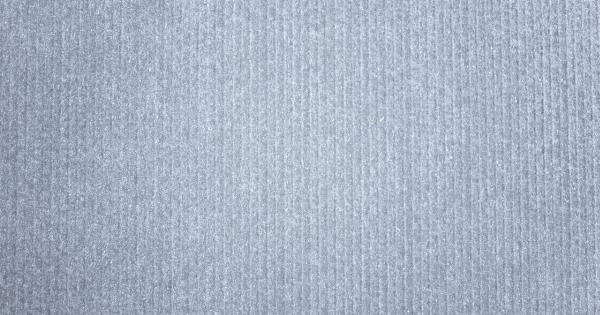For many people, coffee is a daily essential. It helps them wake up in the morning and stay alert throughout the day. However, there are many myths and misconceptions about coffee that have been circulating for years.
In this article, we will debunk the top 5 coffee myths so that you can enjoy a cup of the real stuff without any guilt or confusion.
Myth #1: Coffee Stunts Your Growth
This myth has been around for decades and is rooted in the belief that caffeine can stunt growth.
While it is true that caffeine can affect calcium absorption in children and adolescents, there is no evidence to suggest that it will inhibit their overall growth. In fact, the American Academy of Pediatrics states that moderate caffeine consumption is safe for children and teenagers.
Myth #2: Espresso Has More Caffeine Than Regular Coffee
Many people assume that espresso has more caffeine than regular coffee because it is often served in smaller cups. However, this is not necessarily the case.
One shot of espresso contains about 63 milligrams of caffeine, while an 8-ounce cup of drip coffee contains around 95 milligrams of caffeine. So, if you need a quick caffeine fix, a shot of espresso may not be the best option.
Myth #3: Dark Roast Coffee Is Stronger Than Light Roast Coffee
The term “strong” can be subjective when it comes to coffee. However, many people assume that a dark roast coffee will have a stronger taste and more caffeine than a light roast coffee.
In reality, the roasting process has little effect on the caffeine content of the beans. Additionally, dark roast coffee is often less acidic than light roast coffee, which can make it taste smoother and less bitter.
Myth #4: Coffee Is Dehydrating
Coffee is often associated with dehydration because it is a diuretic, which means that it can increase urine production. However, studies have shown that moderate coffee consumption does not dehydrate the body.
In fact, the water content in coffee can help contribute to daily hydration. So, the next time you order a cup of coffee, you can rest assured that it won’t leave you feeling dehydrated.
Myth #5: Decaf Coffee Is Completely Caffeine-Free
Many people assume that decaf coffee is caffeine-free, but this is not entirely true. While decaf coffee does contain significantly less caffeine than regular coffee, it is not completely caffeine-free.
In fact, a typical 8-ounce cup of decaf coffee contains about 2-5 milligrams of caffeine. So, if you are sensitive to caffeine or trying to avoid it altogether, decaf coffee may not be the best option for you.
Conclusion
Coffee is a complex beverage that has been the subject of many myths and misconceptions over the years. While some of these myths have some truth to them, many of them are completely unfounded.
By debunking these top 5 coffee myths, we hope that you can enjoy a cup of the real stuff without any guilt or confusion.



























